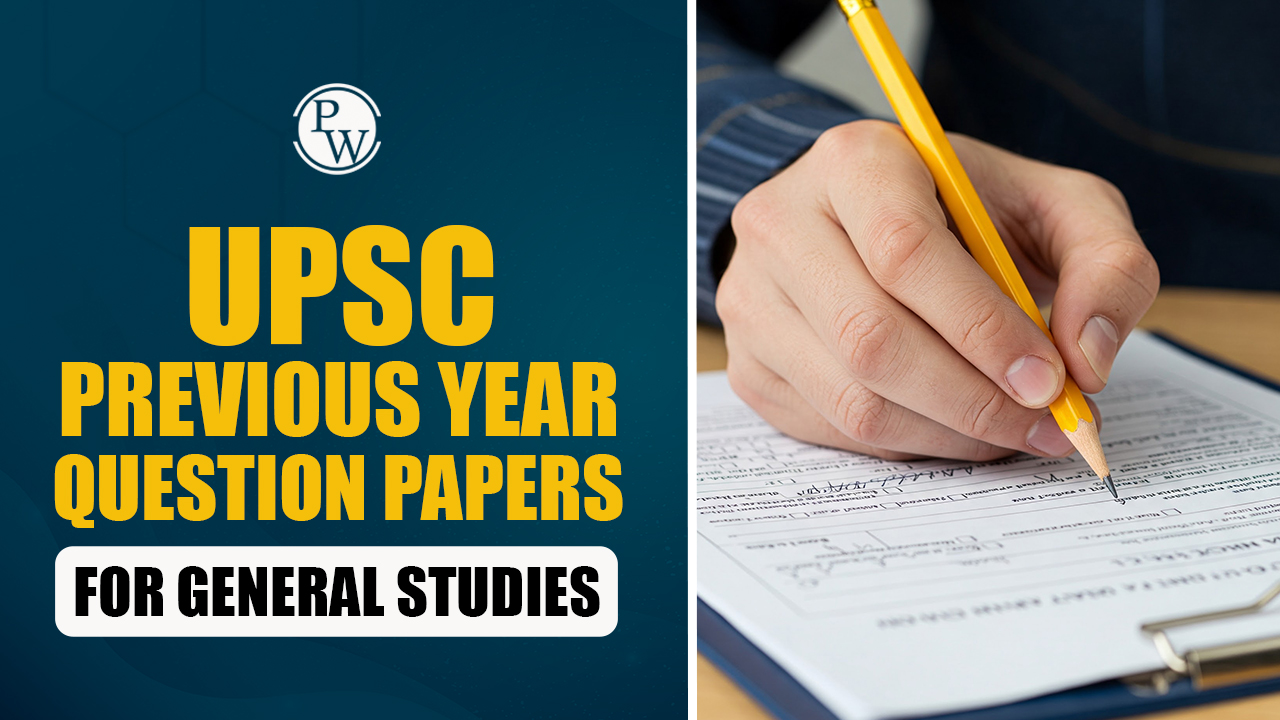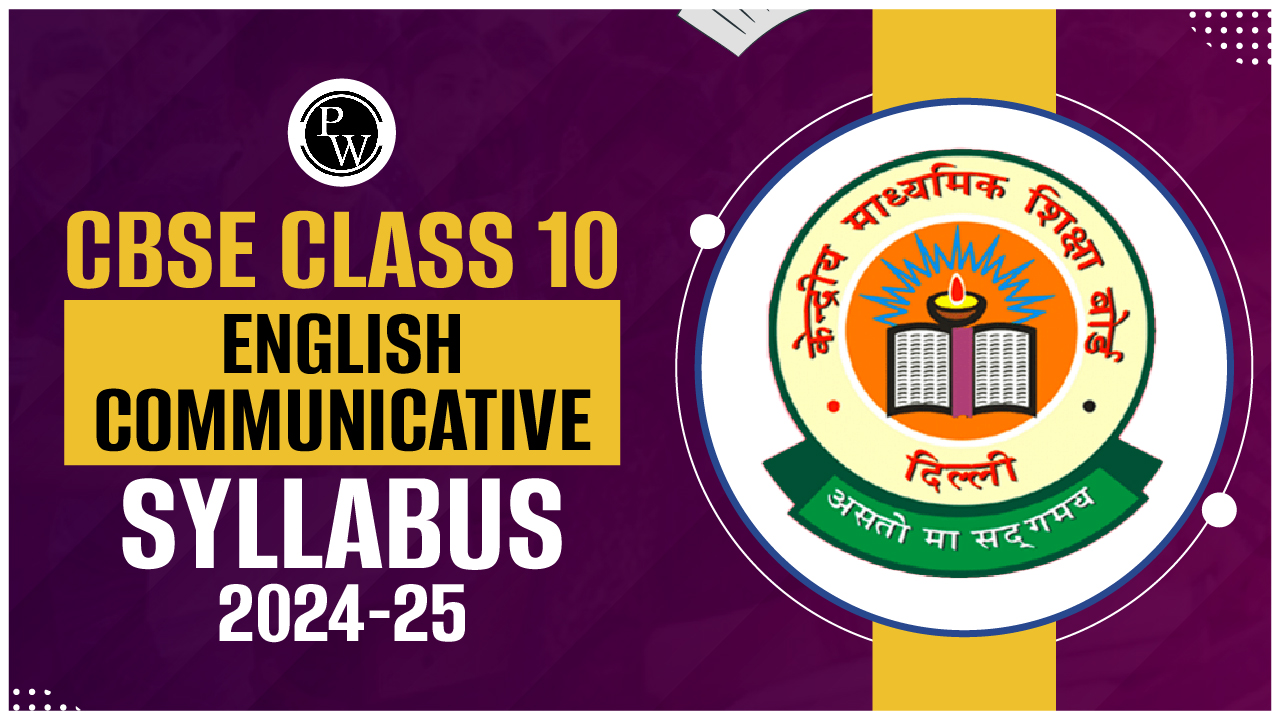UPSC Previous Year Question Papers for General Studies

Preparing for the UPSC Civil Services Mains Exam can feel like climbing a tall mountain. But what if you had a clear map that shows you the way? That map is the UPSC Previous Year Question Papers. If you want to do well in the General Studies papers, there are no better resources than these old question papers. Many students make the mistake of buying too many books without knowing which ones really help. We will help you understand how to use UPSC Previous Year Question Papers the right way. It will also explain why the books for Mains in simple language and focus on what matters most, helping you score high.
General Studies Papers in UPSC Mains?
The UPSC Mains exam has four General Studies papers: GS1, GS2, GS3, and GS4. Together, they carry 1000 marks. That’s a lot. So, it’s important to prepare well.
Let’s look at what each paper usually covers:
-
GS1 – History, Geography, Indian Society
-
GS2 – Polity, Governance, International Relations
-
GS3 – Economy, Science & Tech, Environment, Security
-
GS4 – Ethics, Integrity, Case Studies
When you solve UPSC previous question papers, you will notice a clear pattern in each paper.
Books for Solving UPSC GS Previous Year Question Papers
There are two very helpful books that make solving UPSC GS previous year question papers easy and effective.
|
Book name |
Link |
|
UPSC Mains General Studies Previous Years Paper (2013-2023) |
|
|
UPSC Mains General Studies Previous Years Paper (2013-2023) in Hindi |
Why use UPSC Previous Year Question Papers
Many students skip studying old papers. They think these questions won't come again. This thinking is wrong. Here's why upsc last year question paper study is so important:
Understanding Question Patterns
When you read many old papers, you notice patterns. Some topics appear every year. Some question types are very common. This helps you focus your study time on important areas.
Learning Time Management
Real exam papers teach you how much time each question needs. You learn to write faster and better. This skill is very important for the actual exam.
Building Confidence
When you solve many upsc previous year question sets, you become confident. You know what to expect in the real exam. Fear reduces and performance improves.
Identifying Important Topics
Some topics appear in exams again and again. Previous papers help you find these hot topics. You can spend more time studying these areas.
Check Out: PW UPSC Books
Make a 30-Day Plan with UPSC Previous Year Papers
Here’s a simple daily plan you can follow using UPSC previous question papers:
|
Day |
Task |
|
1–5 |
Read and solve GS1 papers (2013–2018) |
|
6–10 |
Solve GS2 (2013–2018) |
|
11–15 |
Work on GS3 (2013–2018) |
|
16–20 |
Try GS4 papers (2013–2018) |
|
21–25 |
Solve newer papers (2019–2023) for all GS papers |
|
26–30 |
Review weak topics, rewrite answers, revise |
By the end of 30 days, you will have solved and understood all major UPSC previous year question papers for General Studies.
General Studies for UPSC Papers
The UPSC Mains exam has four upsc gs previous year question papers. Each paper covers different subjects:
Paper 1: History and Geography
This paper includes Indian history, world history, and geography questions. Physical geography, Indian geography, and world geography are main topics.
Paper 2: Governance and Social Issues
This paper covers Indian constitution, government policies, and social problems. Current affairs related to governance appear here often.
Paper 3: Technology and Economy
Science, technology, economics, and environmental questions come in this paper. This is often the toughest paper for many students.
Paper 4: Ethics and International Relations
This paper tests your understanding of ethics, international events, and India's foreign policy.
Check Out: UPSC Revision Books
Right Way to use UPSC Previous Year Question
Here are some proven tips to improve your performance:
Write Clear Answers
Use simple language in your answers. Avoid difficult words that you're not sure about. Clear communication scores more marks.
Structure Your Answers
Start each answer with a brief introduction. Then write the main points. End with a short conclusion. This structure makes your answers look professional.
Use Examples
Include relevant examples in your answers. Real-life examples make your answers more interesting and memorable.
Practice Regularly
Solve at least one previous year paper every week. Regular practice builds confidence and improves performance.
Aim to solve all 11 years of the four GS papers. That’s 44 papers in total. If you solve even 2–3 papers per week, you will finish in 2 months. That’s doable. Each UPSC last year question paper gives you 20 questions. Solve a few each day. It’s better to do it slowly and properly than to rush through all.
UPSC Previous Year Question Papers are not just study materials. They are your guide to exam success. When used properly, they show you the path to clearing this tough exam.
Remember, success in UPSC comes from smart work, not just hard work. Previous year papers help you work smarter. They save your time by focusing on important topics. They build your confidence by making you familiar with exam patterns.
Start using previous year papers today. Make them part of your daily study routine. With consistent practice and the right approach, you can achieve your dream of becoming a civil servant.
Read More: List of Important Articles in Indian Constitution
UPSC GS Previous Year Paper FAQs
1. How often should I practice with upsc last year question paper?
Practice with one complete paper every week during your preparation. In the final 2-3 months, increase this to 2-3 papers per week. Regular practice is more important than solving many papers at once.
2. Which paper should I start with for general studies for upsc?
Start with Paper 1 (History and Geography) as it has more factual questions. The move to Paper 2, 3, and 4. This order helps build confidence gradually.
3. How much time should I spend analyzing each UPSC previous year question?
Spend 10-15 minutes analyzing each question after solving. Understand why the model answer is structured that way. Note down key points and examples you missed.
4. Should I solve upsc previous year paper before starting my preparation?
No, don't start with solving papers immediately. First, read through 2-3 recent papers to understand the exam pattern. Then build your basic knowledge before attempting to solve complete papers.










